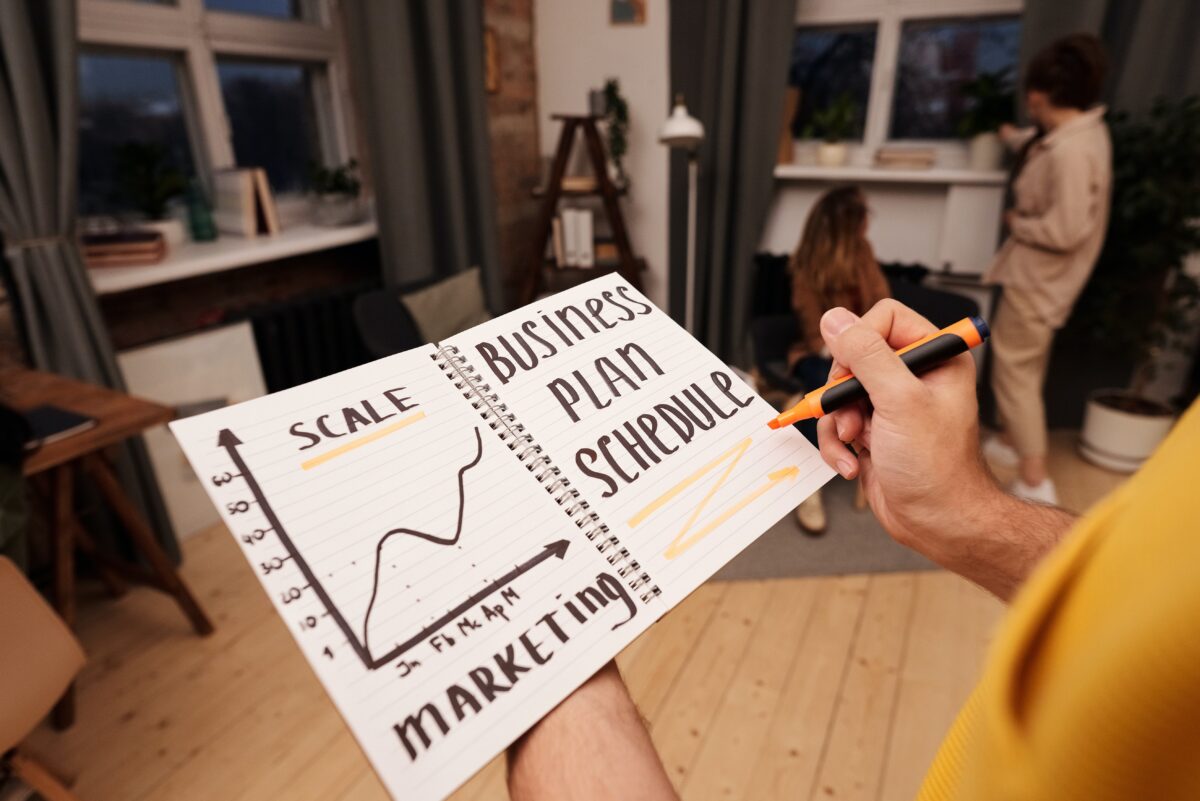Marketing guru Paul R. Smith is the founder of the globally renowned SOSTAC framework, an international speaker, acclaimed author, and marketer. A few months ago, he delivered a talk at the AUC School of Business about the challenges, opportunities and necessary agility experienced by businesses’ marketing plans post COVID.
Smith’s SOSTAC planning system is widely lauded for its simplicity, and is used by the likes of LinkedIn, KPMG, and more. Smith says that SOSTAC, which stands for Situation Analysis, Objectives, Strategy, Tactics, Actions and Control, can help marketers draft the “perfect” plan in minutes, by using said elements.
Smith’s talk focused on one aspect of situational analysis, the external factors on political, economic, social, and technological fronts, commonly referred to as PEST. While vaccination drives globally are paving the way for a post-COVID recovery, the obstacles to supply chains, the worlds of work and travel, and the overall economic and governmental climates are forever transformed. “Companies have to be very flexible,” Smith stressed, amidst ever-changing international trade deals, shifts like Brexit, technological innovations such as the increasing influence of AI, and the ever-domineering power of social media platforms operating under a veneer of convenience to users.
PR Smith helps businesses boost their results via help business people to boost their results through consulting, his flagship SOSTAC Planning framework and public speaking.
In the contemporary world of trade barriers and accelerating returns, stakeholder management, creative thinking, and human-centered marketing are crucial, Smith said, noting the importance of helping one’s community. He forecasts that service-oriented, purpose-driven companies will reign in the future, a shift he already sees happening, and he insists, “The idea that firms should primarily serve shareholders is old-fashioned. Businesses should be run to the benefit of all stakeholders.”
Smith takes from the World Economic Forum’s Davos manifesto on “stakeholder capitalism”, mandating the need for a “better kind of capitalism” wherein “companies should pay their fair share of taxes, show zero tolerance for corruption, uphold human rights throughout their global supply chains, and advocate for a competitive playing field.” Although this statement was made by WEF’s Founder Klaus Shwab, Smith contends, noting a similar sentiment by the CEO Blackrock Asset Management Larry Fink, “Purpose is not the sole pursuit of profits but the animating force for achieving them.”
Purpose-driven companies witness higher market share gains and grow three times faster, according to a 2019 Deloitte report. “Companies with passion grow bigger, faster, quicker, and are more successful,” Smith highlighted, noting the importance of keeping this in mind under the ever-changing post-COVID reality. While the broader political, economic, or sociocultural circumstances wherein an organization does business are often beyond its control, “Firms of Endearment” are the ones proven to thrive. He also spoke about how diversity helps companies outperform their more conventional peers, a particularly pertinent concept with migrant and refugee numbers on the rise.
Marketers need to be aware of surveillance capitalism, the echo chambers created through social media’s manipulation of valuable user data, and the distrust to traditional information sources in a post-truth society, Smith argues. This is ever magnified by Ray Kurzweil’s Law of Accelerating Returns, whereby the progress witnessed during 1980-2000 is arguably more than the previous 80 years of the 20th century, with 2000-2014 witnessing the same amount of progress as the last twenty years, and 2014-2021 seeing the same volume of transformation as the 14 years prior. This multiplying rate of progress “will soon happen several times a year, and soon several times a month,” Smith said, describing it as a “leap of progress” in the era of AI and the Internet of Things.
“The world we’re living in is going to be an entirely different one, nothing short of magic. We must be creative in thinking about technology,” Smith noted. He ended his talk by reiterating his top three tips to marketers, “be creative, be collaborative, be human”.
Another aspect shaping post-COVID marketing trends globally is an awareness of the customer’s state of mind, amidst fears of death, job precarity, inadequate pensions, loneliness, ever-decreasing attention spans, and more. Yet we remain visually driven, as a species, which calls for innovative marketing away from worn clichés that Smith referred to, such as companies using redundant messaging about how they stand “with you” during the pandemic as opposed to finding a more nuanced approach.
Smith’s SOSTAC framework is considered one of the top 3 Business Models worldwide by the Chartered Institute of Marketing’s Centenary Poll.









